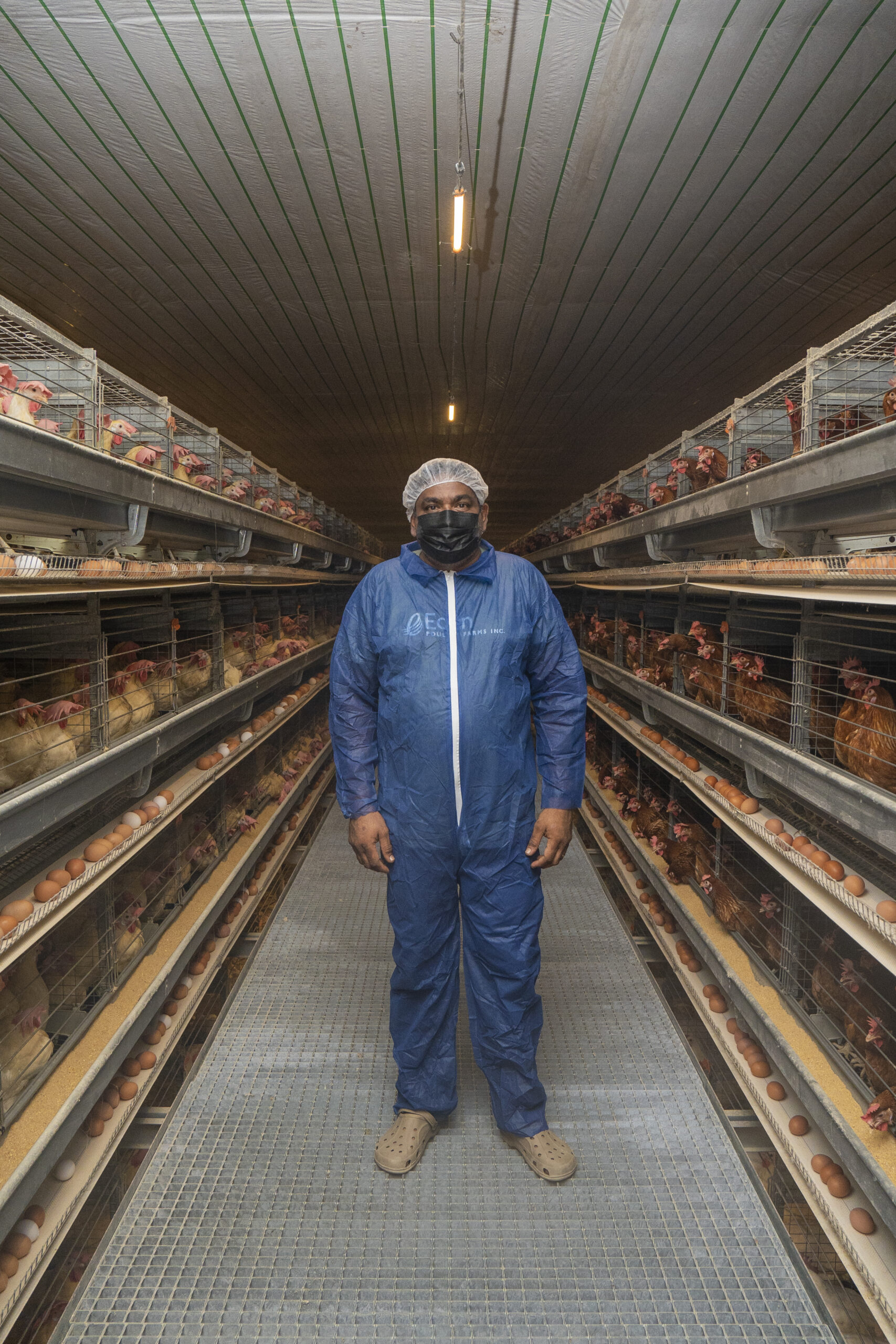
Farm Fresh and Healthy
We know the ins and outs of what it takes to produce a richer yolk and more flavorful egg; from our beautiful farms and the specialty breeds of birds that roam on them to our high-quality feed, all the way to the stores we partner with to get them to your kitchen
